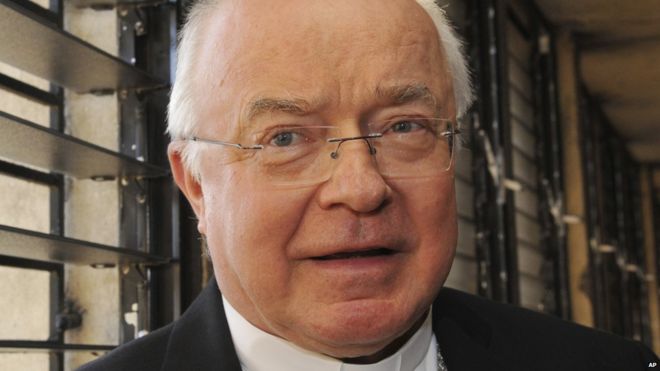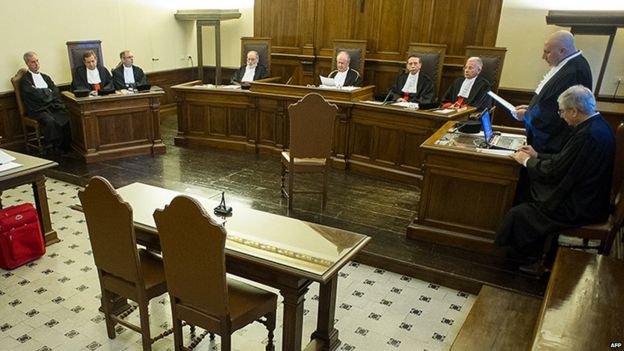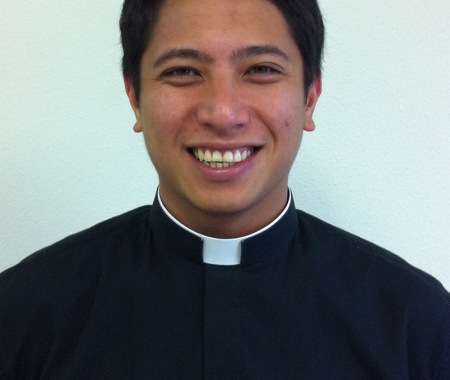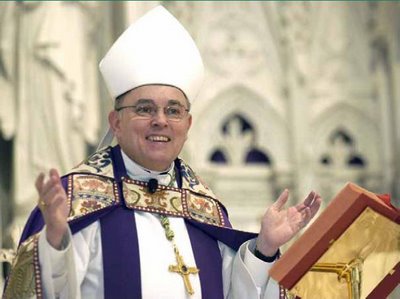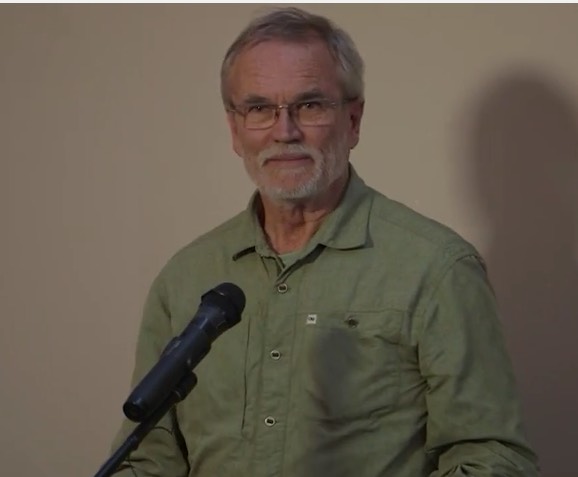The former archbishop of St. Paul and Minneapolis, John Nienstedt, interfered with an investigation by an outside law firm into allegations of his misconduct, Minnesota Public Radio reported Friday.
While Nienstedt authorized the investigation in the hope of clearing his name, the results threatened to ruin it. Several of his top advisers gathered privately in April 2014, and read sworn statements gathered by the lawyers that accused Nienstedt of inappropriate behavior, including sexual advances toward priests. Each adviser agreed he should resign.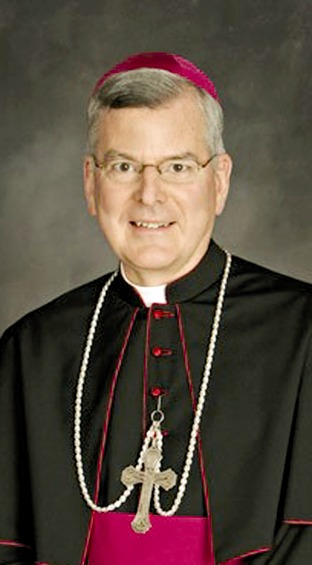
A few days later, Auxiliary Bishops Lee Piche and Andrew Cozzens traveled to Washington to tell the papal ambassador; MPR was unable to learn what transpired there. But soon after the bishops returned home, the investigation as originally conceived ended, with Piche limiting the probe to allegations of crimes and grave sins. A new law firm eventually took over.
The Vatican announced Nienstedt’s and Piche’s resignationsMonday. They stepped down amid an intensifying scandal over how the archdiocese handled cases of clerical sexual misconduct. The archdiocese sought bankruptcy protection in January as abuse claims rose, and prosecutors filed criminal child-endangerment charges against the archdiocese earlier this month for allegedly turning a blind eye to Curtis Wehmeyer, a now-imprisoned former priest convicted of molesting two boys.
MPR said its details of how Nienstedt tried to limit the investigation came from interviews with more than a dozen people with direct knowledge of the inquiry, including four people who provided affidavits to investigators, current and former archdiocese officials, and others who spoke with the investigators.
MPR could not reach Nienstedt for comment on the new allegations. In a 2014 interview, Nienstedt said, “I’ve done nothing criminally wrong ever, and nothing immoral” and that he hadn’t interfered with the investigation.
But attorneys at the Greene Espel law firm — the initial firm on the Nienstedt investigation — disputed the archbishop’s claim of noninterference as well as a recent similar statement from Piche.
“We strongly disagree with those statements. Greene Espel’s investigation and work will not be mischaracterized without a response by us,” attorneys Matt Forsgren and David Wallace-Jackson told MPR.
The attorneys had wanted to know whether Nienstedt had a personal relationship with Wehmeyer, and whether that influenced his decision to keep Wehmeyer in ministry despite knowing about his past misconduct. Nienstedt told MPR in 2014 he did not have a sexually inappropriate relationship with Wehmeyer.
Wehmeyer told the investigators he couldn’t understand why Nienstedt wanted to spend time with him or why he kept him in ministry. He said Nienstedt made him uncomfortable and that he wasn’t interested in Nienstedt.
Ex-seminarian James Heathcott, who lives in Oregon, told MPR he enrolled at a Detroit seminary in 1987 when he was 18. Nienstedt became rector a year later, and the seminary’s tone immediately changed, he said.
According to the affidavit, Nienstedt asked Heathcott: “Have you explored your sexuality?” and “Do you think you have homosexual tendencies?”
Heathcott also said Nienstedt later invited him on a ski trip at a “private chalet.” Heathcott said he declined and told Nienstedt that the invitation appeared to contradict his own statements to seminarians about the importance of boundaries. He said Nienstedt told him a few days later to pack his belongings and leave.
“I consider Nienstedt’s interactions with me to be a kind of grooming … I believe he denied me the chance to continue exploring my calling to the priesthood to its fruition,” he said in the affidavit.
The archdiocese, which filed for bankruptcy in January, hasn’t said what it paid Greene Espel. MPR, citing people with direct knowledge, put the cost at several hundred thousand dollars. The firm wouldn’t comment either. The archdiocese paid the second firm, Wold Morrison, nearly $139,000 between October and January, but the filing didn’t say if it made any payments to either firm earlier.
Complete Article HERE!
